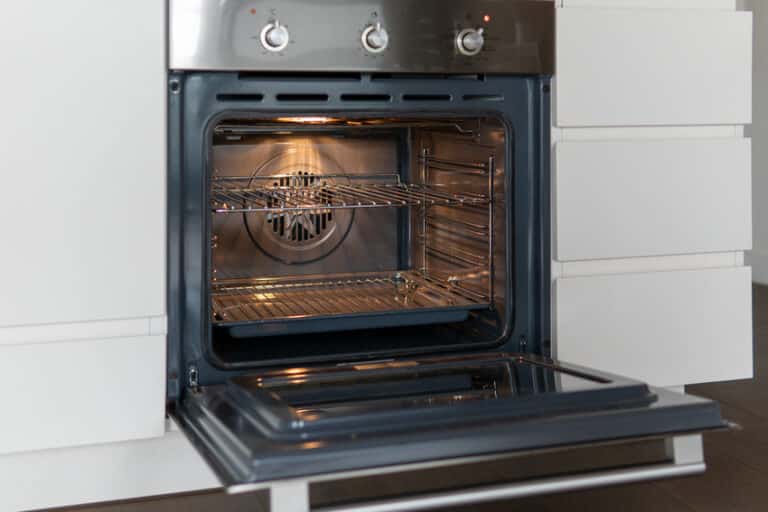
Convection vs Conventional Ovens Pros and Cons Designing Idea
Both a conventional oven and convection oven are great for cooking all types of food. The difference is the time and energy it takes when using one or the other. A convection oven circulates heat using a fan so it is more energy-efficient. It cooks food faster and more evenly. Conventional ovens do not have a fan, so that heat source at the top.
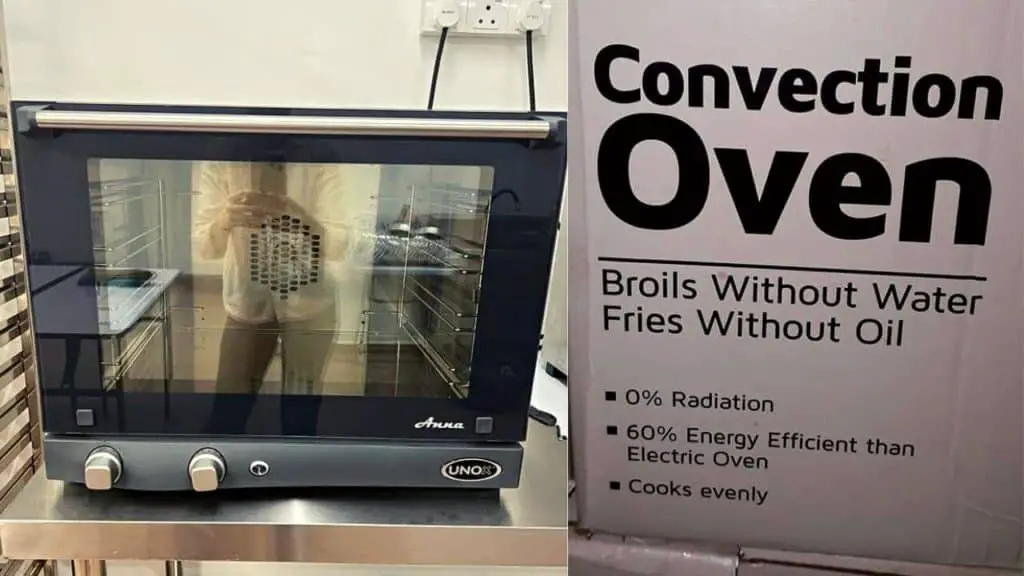
Are Convection Ovens Safe? Pros And Cons Of Convection Oven
Pros of a convection oven. Convection ovens allow for even, fast cooking because their temperature stays more consistent, while conventional ovens can have pockets of warmer air (or, conversely.

Pros and Cons of Convection Ovens + TopRated Brands
Pros and cons of cooking with a convection oven. Pros. Cons. The constant airflow cooks food faster. This oven cooks food around twenty-five percent faster than traditional ovens. Recipes need adjustments to cooking times and temperatures. The fan inside the oven cooks food at a set temperature.
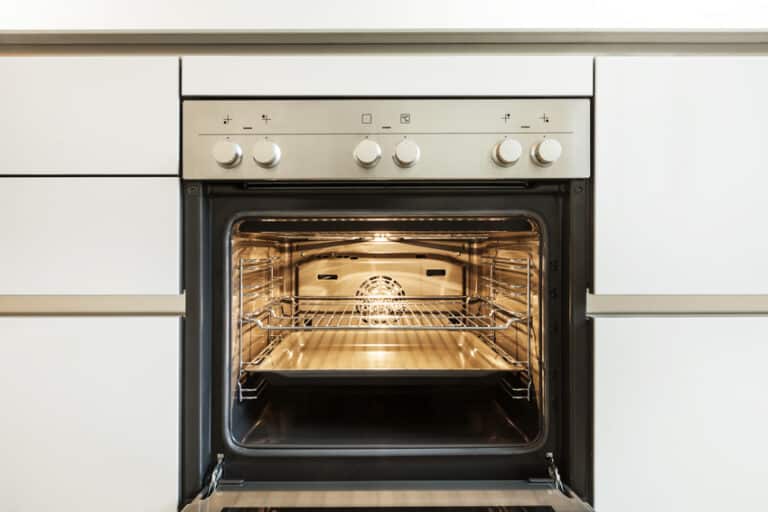
Convection vs Conventional Ovens Pros and Cons Designing Idea
That means you don't need to worry about the center of your casserole being cold when the rest of the dish is done banking. 3. Cooking times are shorter in convection ovens. You can cook foods at 300°F in a convection oven if the recipe calls for the dish to bake at 350°F in a traditional model.
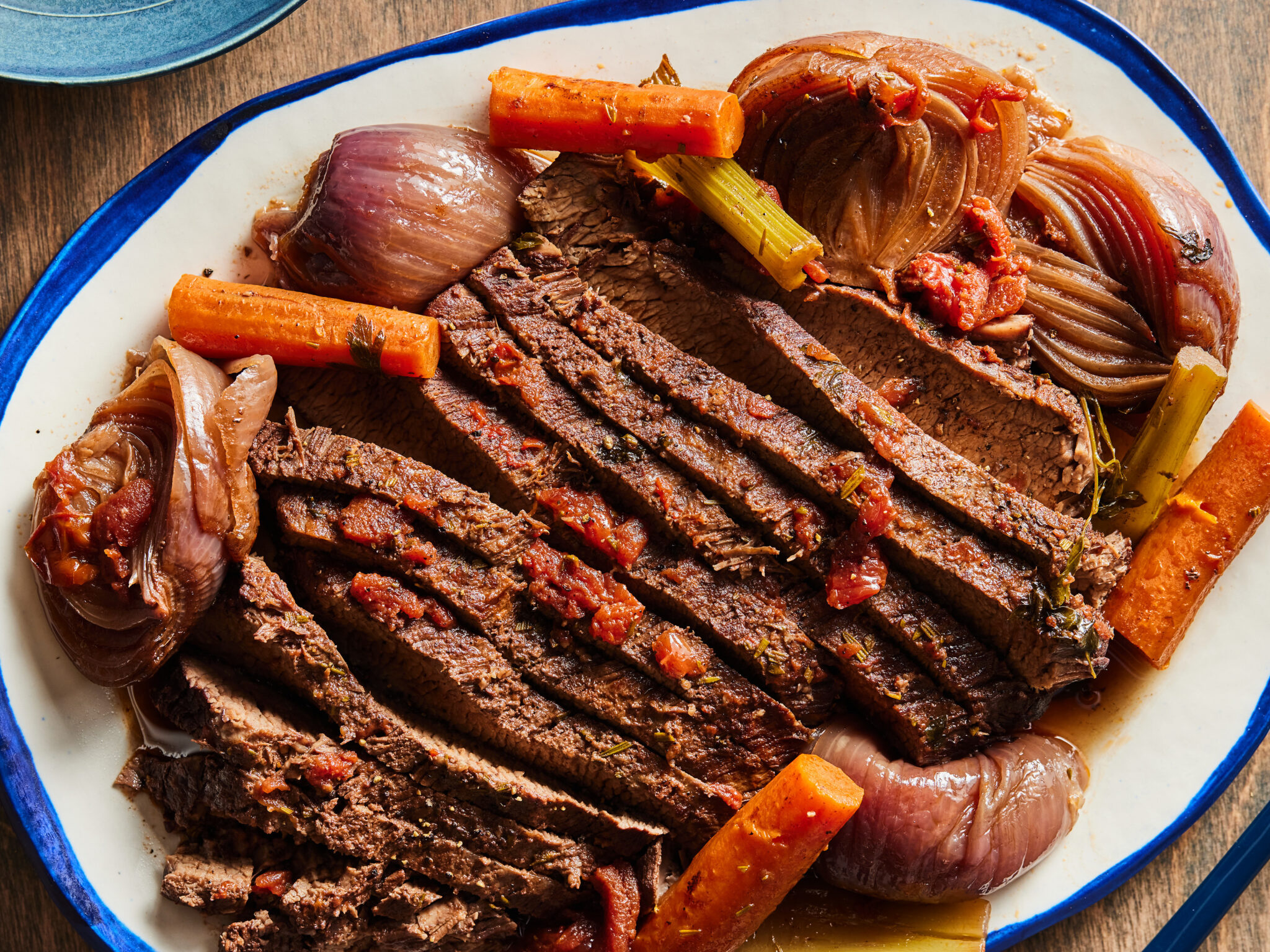
Pros and Cons Of Convection Oven vs Conventional Oven Silk Road
Convection Oven Pros and Cons. Pros: Even cooking: Circulated air results in more even cooking. This creates food that is evenly browned and crisp on the outside while remaining moist and tender inside. Convection ovens are ideal for roasting large cuts of meat and baking cookies and pies with a crispy exterior and soft interior.
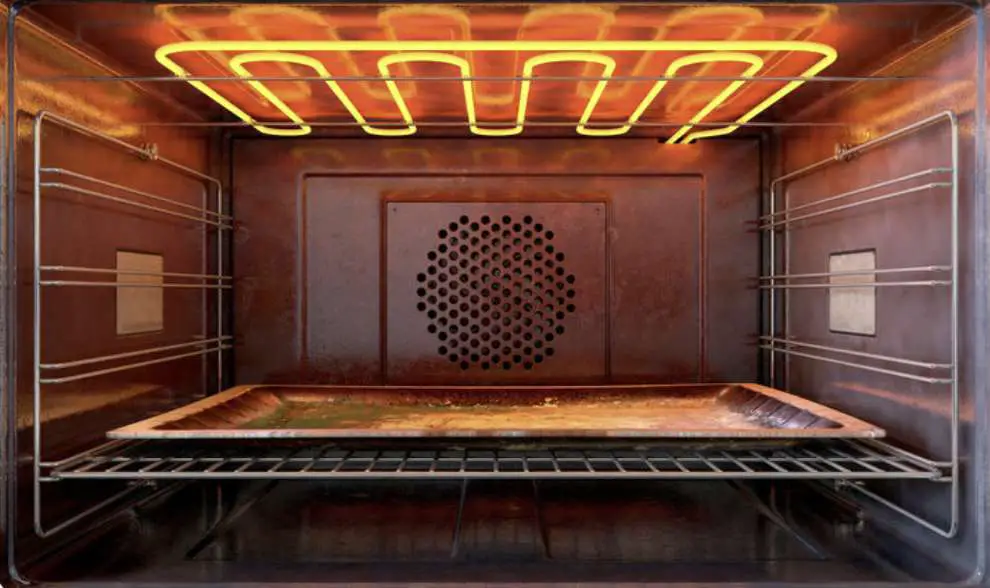
Pros and Cons Of Convection Oven vs Conventional Oven Silk Road
Pros of a Convection Oven. Faster Cooking: The circulating air cooks food more quickly. Even Cooking: Food cooks more evenly, avoiding cold or hot spots. Energy Efficiency: Because they cook faster, convection ovens are generally more energy-efficient. Cons of a Convection Oven. Cost: Convection ovens can be more expensive upfront. Learning Curve: It may take time to adapt your recipes for a.
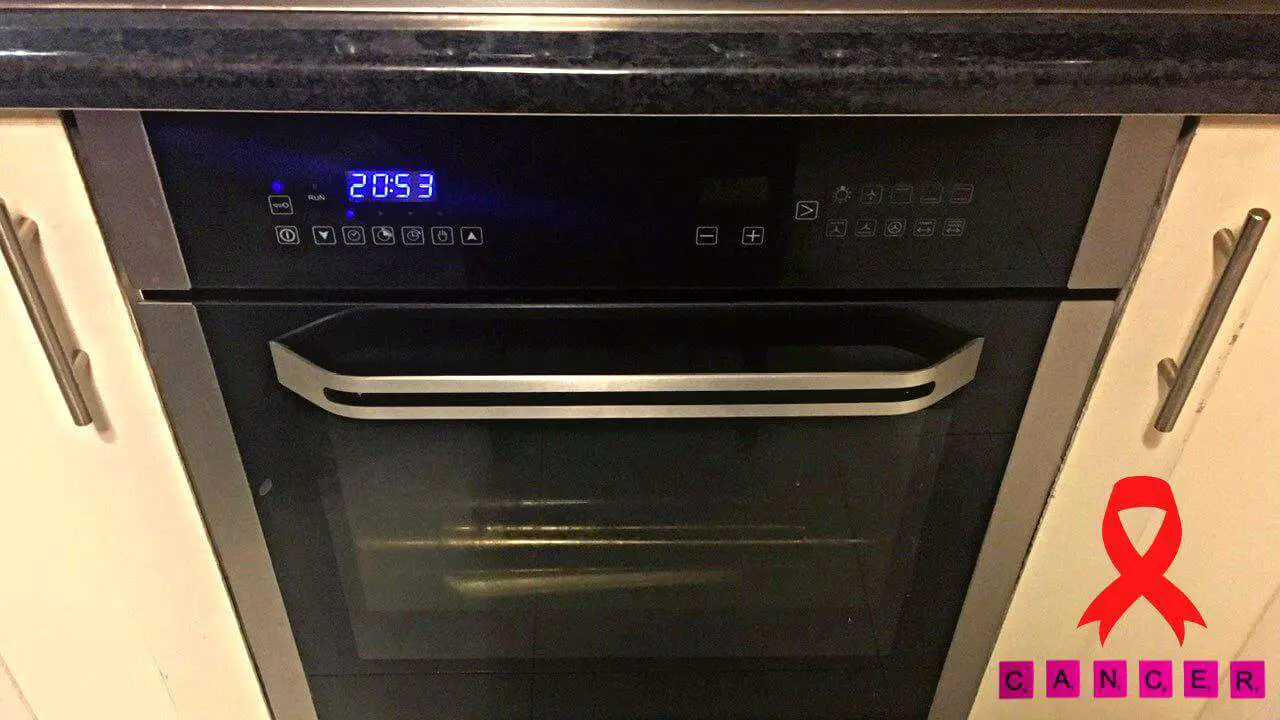
Are Convection Ovens Safe? Pros And Cons Of Convection Oven
The convection idea boils down to hot air constantly circulating thanks to one or more fans. Conventional ovens with convection functionality (which tend to be more affordable) have a fan that circulates hot air from the heating elements at the top and/or bottom of the oven cavity. "True convection," "third-element convection," or.

What are the Pros and Cons of a Convection Oven?
Pros of Convection Ovens: Faster cook times. Foods cook more evenly. You can place 3 racks of cookies in at a time without rotating the pans for even cooking. Acceleration effect positively impacts cooking. Browns meats faster and keeps them juicier. Butter is released more quickly, creating flakier bread. Vegetables become nice and crisp on.
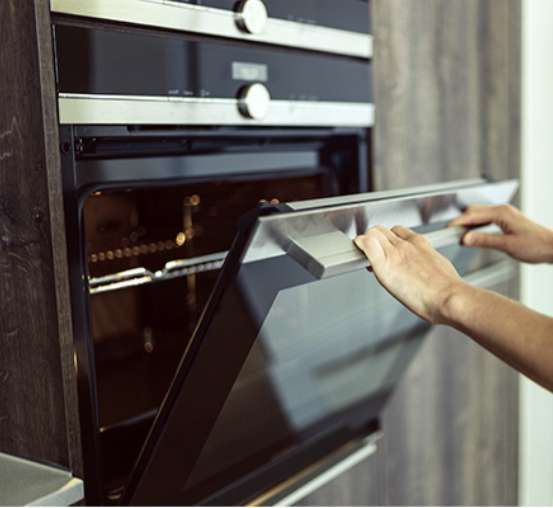
Pros and Cons Of Convection Oven vs Conventional Oven Silk Road
Convection Oven vs. Conventional Oven: 5 Key Differences. Cooking food in a convection oven versus a conventional oven involves accounting for key differences in how the two methods circulate air and distribute heat. Cooking food in a convection oven versus a conventional oven involves accounting for key differences in how the two methods.
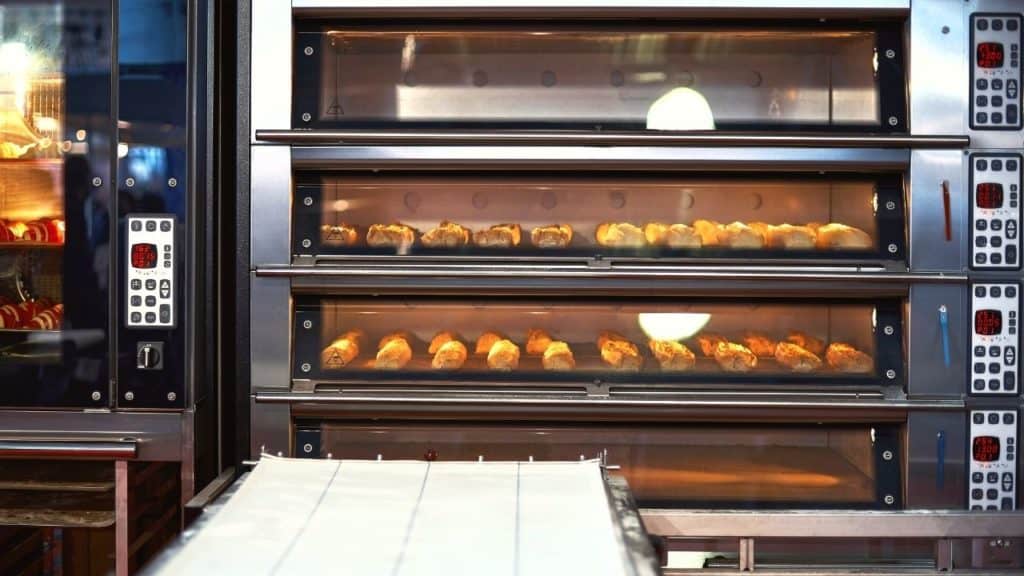
Are Convection Ovens Safe? Pros And Cons Of Convection Oven
An oven with a convection setting has a fan and exhaust system that a regular oven does not. It also has a heating element with the fan in the back of the oven (this is all technically called true convection). When the setting is turned on, it starts a fan and exhaust system, which respectively blow and pull hot air through the oven and around.

Pros and Cons of Convection Ovens + TopRated Brands
Cooking food in a convection oven is faster compared to a conventional oven because the heat stays more consistent. The circulating hot air prevents cold spots, resulting in crispier and evenly cooked food. Cooks more efficiently with full oven capacity. The problem with a conventional oven is that hot air always rises, meaning your upper half.
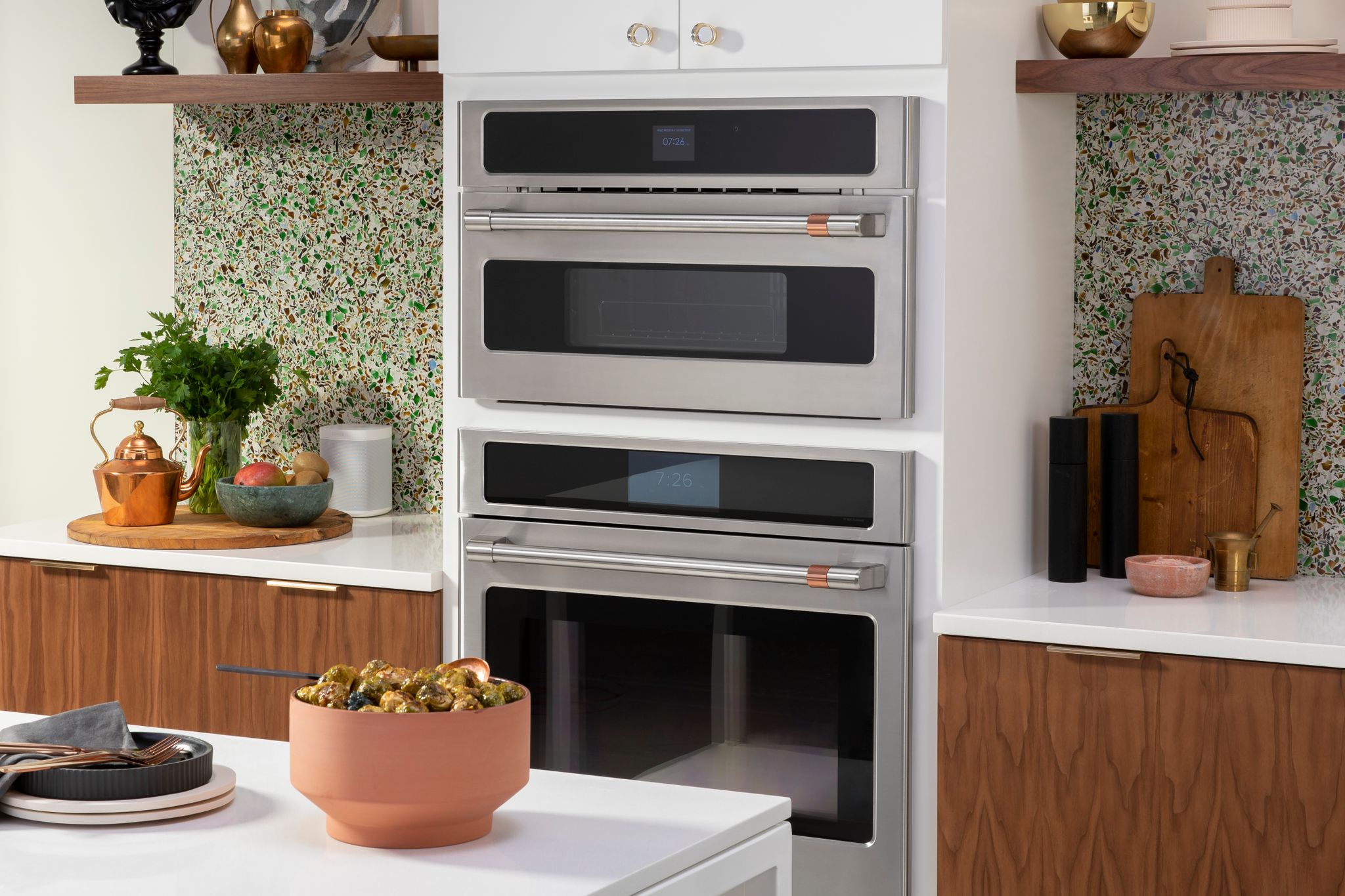
What’s the Difference between a Convection Oven and a Conventional Oven
Pros and Cons of Conventional Ovens. The tried-and-true conventional oven has its merits. For many dishes, the steady, non-circulating heat of a conventional oven can be exactly what's needed. Pros: Affordability is a major plus point. They're straightforward, with no fans or special settings—just heat. Some dishes, especially those.

Pros Cons Convection Oven Patria Lentine Marine
The Pros And Cons Of Convection Oven And Traditional Oven. There are many pros and cons to consider when choosing between a convection oven and a traditional oven. Convection ovens use a fan to circulate hot air, which speeds up the cooking process and can reduce the risk of uneven cooking. However, they can also be more expensive and may.

Convection vs. Conventional Ovens Jessica Gavin
Pros and Cons of Convection Ovens; Pros and Cons of OTGs; Which One Should You Choose? Factors to Consider When Choosing an Oven; Summary: The Final Verdict; Frequently Discussed Topics; What To Know. A convection oven is a type of oven that uses a fan to circulate hot air around the food, cooking it more evenly and quickly than a traditional oven.

Pros Cons Convection Oven Patria Lentine Marine
When you put more than one dish in the oven, the temperature will drop inside. Conventional ovens will make one dish cook faster than the others, and the food won't come out as good. When you put multiple dishes in a convection oven, the oven sees the multiple dishes as one single item. You can even stack dishes on top of each other, and the.

Convection Oven vs Regular Oven Pros and Cons Explained (2022)
Try dry-brining and refrigerating meat and chicken for at least an hour before roasting with convection. This dries the poultry skin or the outside of the meat and helps form a seal in the oven.